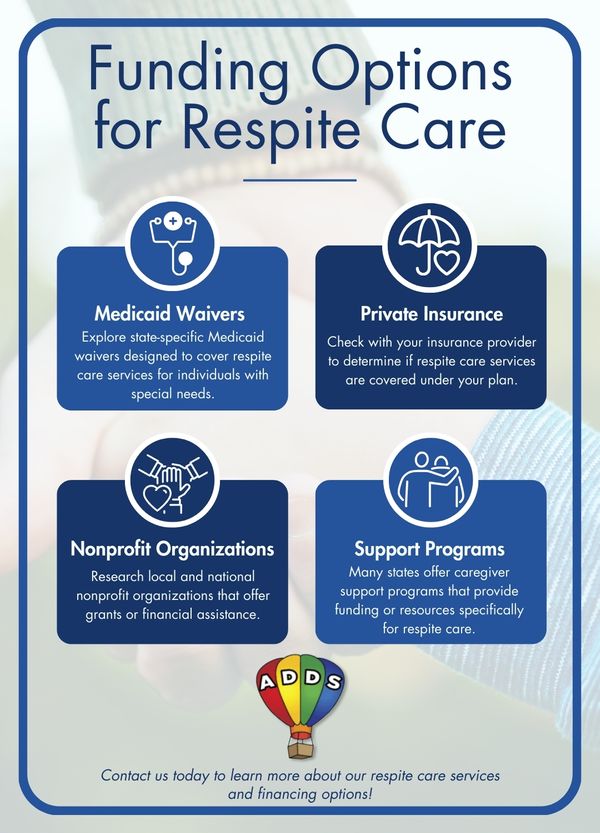Respite care—like that provided by Advanced Developmental Disabilities Services (ADDS)—plays a crucial role in the long-term care of individuals with special needs and their families. By providing temporary relief for caregivers, respite care ensures that families can maintain a healthy balance between caregiving responsibilities and personal well-being.
Incorporating Respite Care into Long-Term Care Strategies
Incorporating Respite Care into Long-Term Care Strategies

The Importance of Respite Care
Caregivers often face overwhelming challenges while providing support to loved ones with special needs. This can lead to caregiver burnout, increased stress, and health issues. Respite care offers a vital break, helping caregivers recharge physically and emotionally. By dedicating time for self-care, caregivers can return to their roles more refreshed and focused, ultimately improving the quality of care they provide.

Developing a Long-Term Care Strategy
When incorporating respite care into long-term care strategies, it’s essential to evaluate overall needs and goals. Start by assessing the individual's specific requirements and the caregiver's capacity. Create a structured plan that includes regular intervals for respite care, ensuring it becomes a part of the long-term care routine. This proactive approach not only alleviates feelings of guilt often associated with seeking help but also promotes sustainable caregiving.

Exploring Respite Care Options
There are various respite care options available, each with different benefits. In-home care allows caregivers to relax while professionals provide support in a familiar environment. Alternatively, facility-based respite care offers short-term stays in specialized centers, allowing for social interactions and community engagement. Understanding the needs and preferences of both the individual and the caregiver is crucial in choosing the best option. Organizations like Advanced Developmental Disabilities Services (ADDS) offer tailored solutions to meet diverse needs in Arizona.

Maximizing the Benefits of Respite Care
To fully harness the benefits of respite care, communication is key. Discuss plans with family members, healthcare providers, and the individual receiving care. Encourage open dialogue to address concerns and expectations. Additionally, consider scheduling regular check-ins to reassess the effectiveness of the chosen respite care strategy, making adjustments as necessary. By continuously evaluating and adapting the plan, families can ensure that respite care remains an integral part of their long-term caregiving approach.

Incorporating respite care into long-term care strategies is essential for the well-being of both individuals with special needs and their caregivers. At ADDS, we are dedicated to supporting families with tailored respite services that meet their unique needs, ensuring that caregivers and their loved ones thrive together. Contact us today to learn more and get started!
